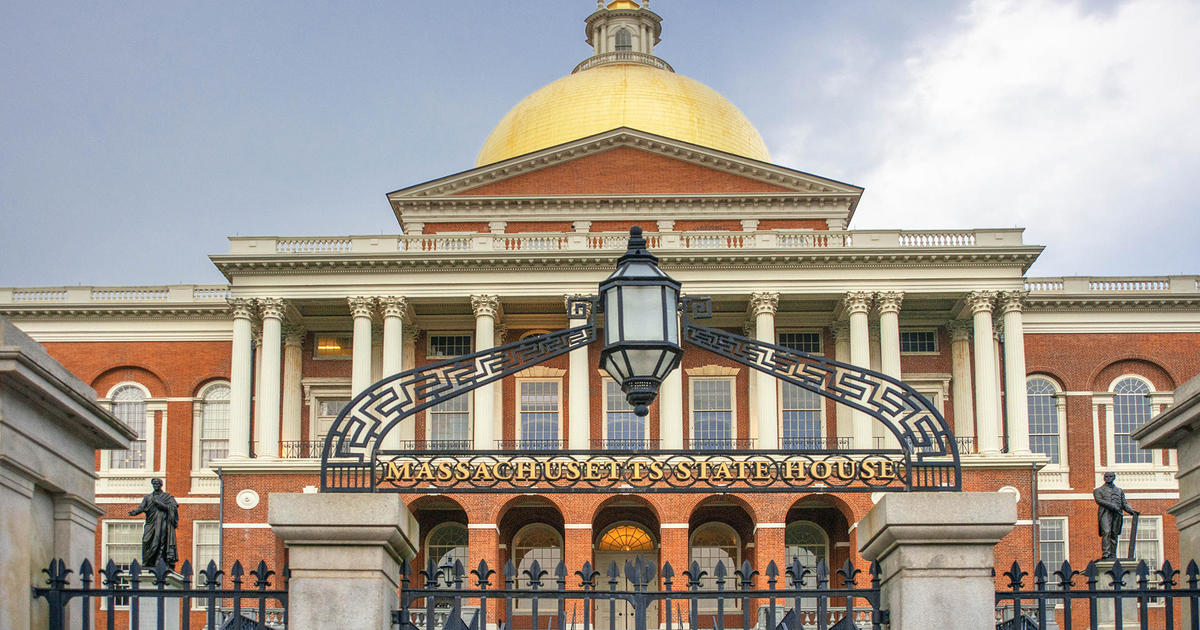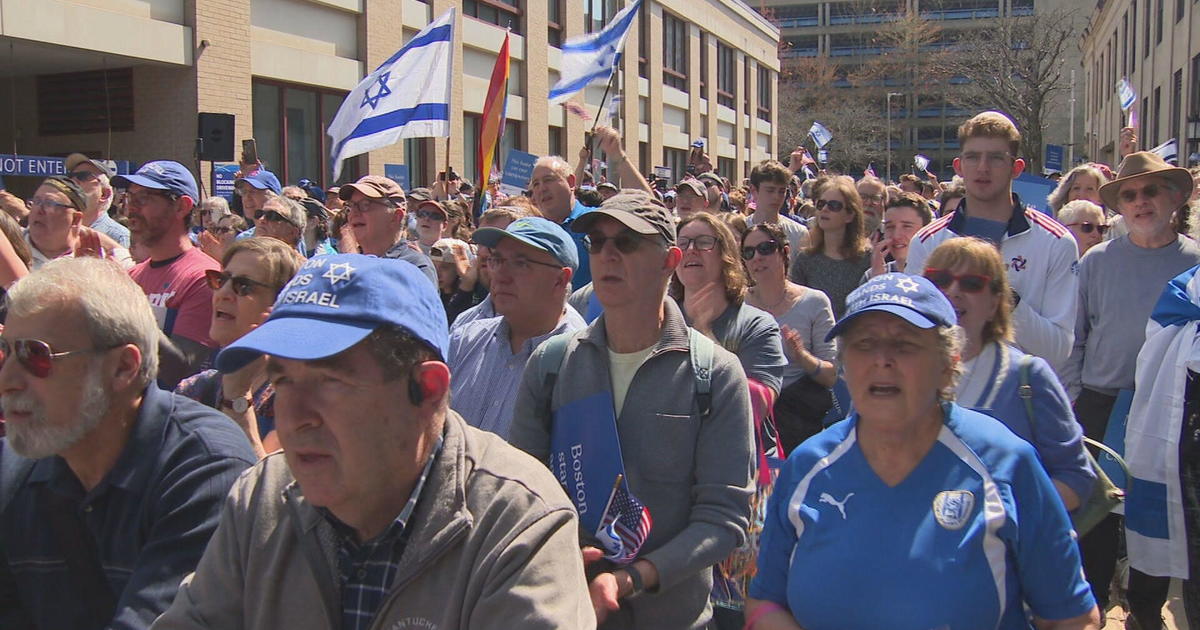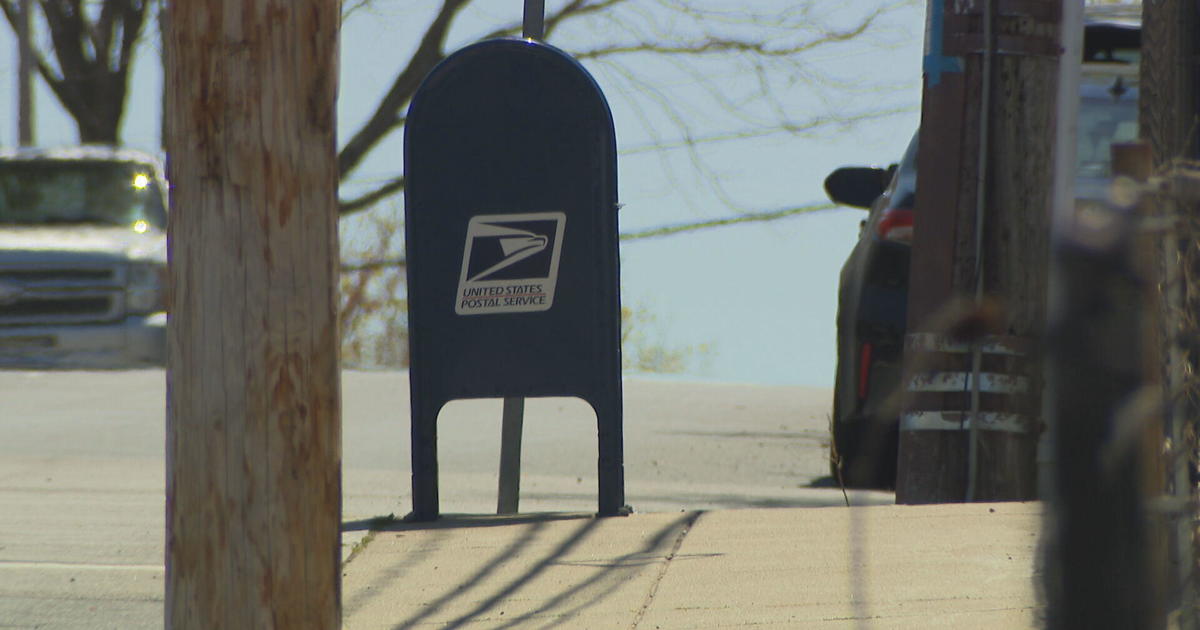Are fines for illegal teacher strikes in Massachusetts being paid and where does the money go?
BOSTON - It has been a constant drumbeat of disagreements between teachers unions and their cities and towns in Massachusetts.
In just the past two years, there have been strikes in Brookline, Malden, Haverhill, Woburn, Andover and Newton. It's been striking to see so many.
In the last four strikes, a judge has ordered the teachers to pay fines.
Many WBZ viewers submitted questions to our Question Everything series asking: Do the unions actually have to pay the fines? If so, where does the money go?
Tim Briggs, a Haverhill teacher, was the president of the Haverhill teachers union during their strike.
"Absolutely they have to pay. That's coming from Superior Court," said Briggs, who remembers the trip to the bank. "Went in got a cashier's check for $110,000. Handed it to me. I met our attorney. I handed him the check. That was a Sunday morning. On Monday morning he was at the courthouse paying the fine. So that fine is absolutely paid."
Where does the money go?
It goes to the Massachusetts Department of Labor Relations - the DLR. WBZ asked the DLR to check if it's been getting the checks from the four unions who were ordered by the court to pay up.
They confirmed Haverhill sent in its check for $110,000. Woburn paid its fine of $85,000. Andover paid the $50,000 it owed as well.
Then there's Newton which owes a whopping $625,000 after school was closed for 11 days. It hasn't paid yet because the city and the union have asked a judge to allow that money to go to the Newton School Committee instead of the state. There hasn't been a decision yet.
So, what does the Department of Labor Relations do with the money?
The State Treasurer takes it from the DLR account. Then, it goes to the state Comptroller and it's put in the Massachusetts General Fund. The General Fund is made up of billions of dollars of revenue collected from all cities and towns throughout the year. It's then spent on whatever state lawmakers decide to spend it on.
Back to work agreements
But the costs for teachers unions don't end there. When a strike is over there's a "back to work" agreement and a city or town can charge the union for what it spends on things like police details and overtime.
In Woburn, the union had to pay the city $225,000. In Andover, the town waived all fees. In Haverhill, the union says it had to pay the city $200,000.
There's a lot of money and bad feelings involved which is why the state's teachers union believes making strikes legal might actually lead to fewer strikes.
Tim Briggs agrees. "What I think would happen, if they were legal, is everybody's cards would be on the table and we would have true bargaining," Briggs said. "We don't have true bargaining right now. There's not true bargaining go on."
Lastly, how do the unions come up with the money. Most unions set aside some of the members' dues for "hard times." In many cases, those funds get depleted during a strike but often lead to long term "victories" that help the teachers.
If you have a question you'd like us to look into, please email questioneverything@cbsboston.com.




